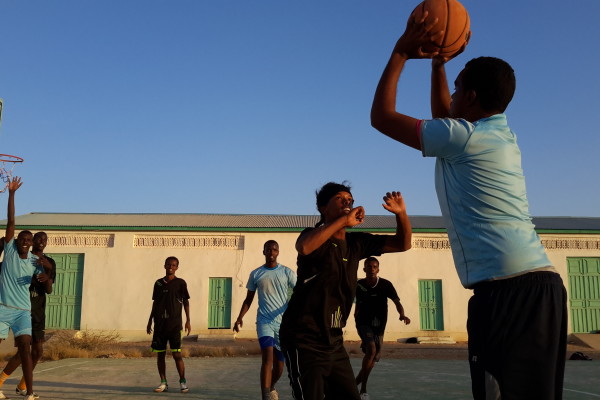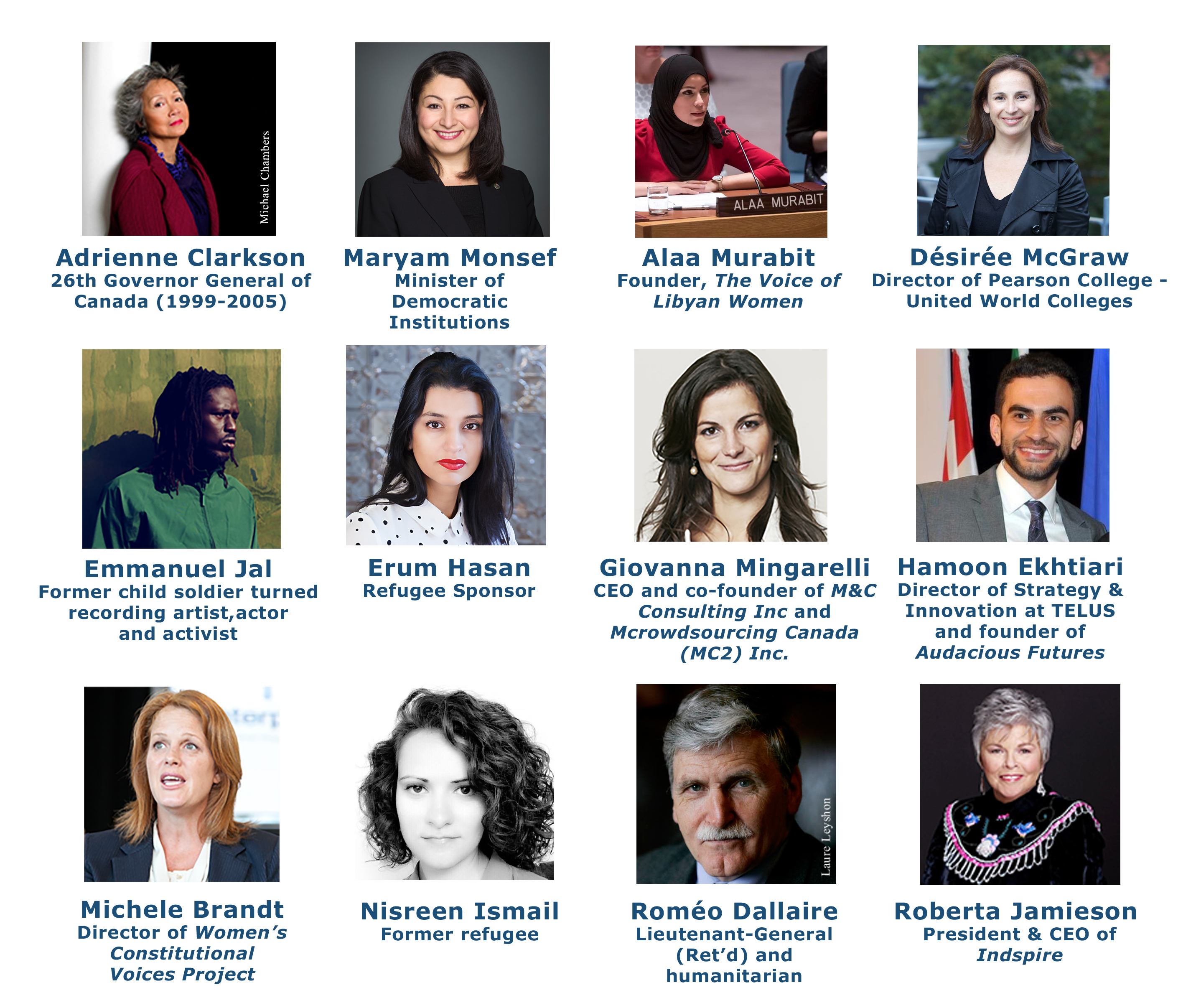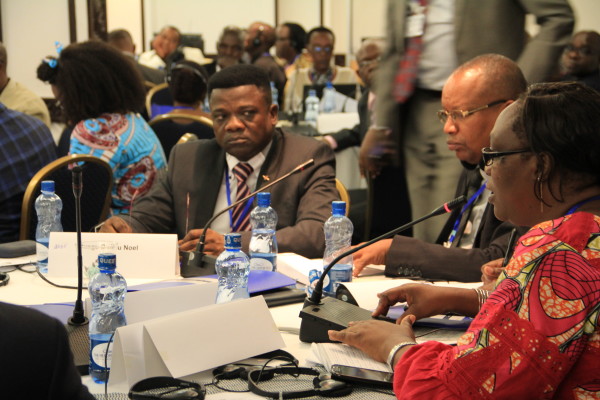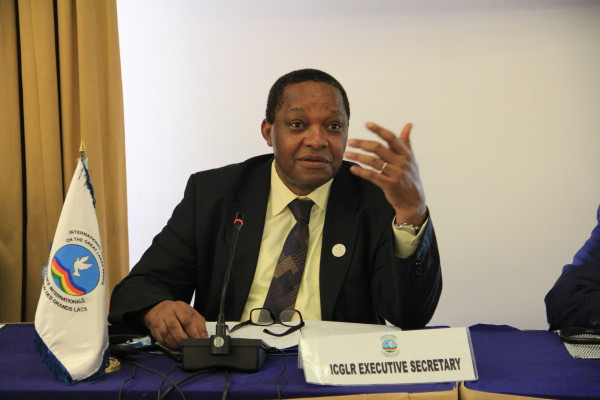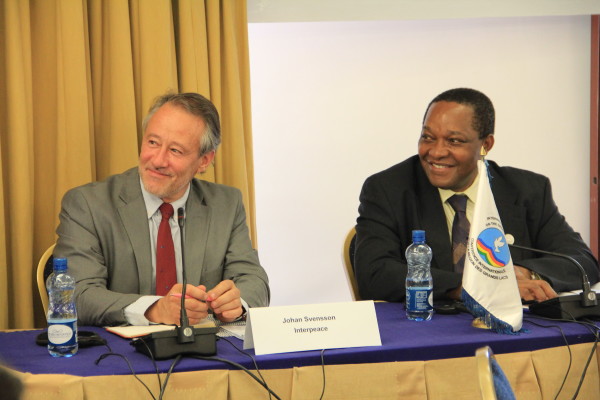A tribute to Dr. Naasson Munyandamutsa
A dear colleague, friend and extraordinary mentor
On the morning of 1 March 2016, the Interpeace family woke up to the sad news that Dr. Naasson Munyandamutsa, a man dearly loved and respected, had lost his long battle against cancer.
Naasson left a lasting mark on everybody who had the privilege to meet him. His dedication to healing and reconciliation, his humble personality and his disarming smile embodied the core values of peacebuilding. It is this unshakeable dedication that led Naasson to leave his promising career as a psychiatrist in Switzerland following the 1994 Genocide against the Tutsi to return home to Rwanda. Despite having lost almost his entire family, he chose to dedicate his life to rebuilding his country, putting his personality and his profession to the service of those suffering from trauma.
When Naasson returned to Rwanda, he found himself the only psychiatrist in the entire country. He led the effort of reconstructing the only existing psychiatric hospital in Rwanda, established the National Trauma Recovery Centre, and passed his knowledge and experience on to future generations of psychiatrists at the National University of Rwanda. Naasson’s transition into peacebuilding was a natural continuation of his post-genocide reconstruction work. He played a vital role in founding the non-profit Institute of Research and Dialogue for Peace (IRDP), where he served as Deputy Director until 2014. For the final two years of his life, he built up a programme focused on healing and governance with Never Again Rwanda, for which he served as Country Director. A mentor to so many in the Interpeace family, Naasson influenced Interpeace’s approach across the world, and most significantly in the wider Great Lakes Region.
Naasson understood, in a way few others can, the intrinsic connection between individual and societal healing. A true peacebuilder, he did not shy away from using his sharp intellect to contribute to critical analysis on issues he deemed important for holistic reconciliation and to help nurture future peaceful generations in Rwanda.
Many international institutions lauded Naasson as ‘the father of mental health in post-genocide Rwanda.’ He received several awards, most recently the ‘Geneva Foundation Prize for Human Rights in Psychiatry Award’ and the ‘Barbara Chester Award’ in recognition for his outstanding role in treating victims of trauma.
As countless people from Rwanda and abroad accompanied Naasson to his final resting place, surrounded by the hills of Kigali, it was not so much his awards or intellectual accomplishments that occupied the minds of the mourners. Rather, they all said goodbye to a friend. Family, friends and colleagues from around the world testified to his deep sense of empathy for others, his unshakeable sense of purpose, and, most importantly, his warmth of spirit and his big smile. Saddened by his passing, colleagues from Burundi, the Democratic Republic of Congo and Rwanda mourned the loss of Naasson, a man who “incarnated in the human form, the abstract norms and values we aspire to” and who “managed to explain things others could not.” As one colleague said, “As soon as you met Naasson, it felt like he has always been with you.”
Naasson will always be with us. Our hearts go out to Naasson’s wife Dona and their four children. The Interpeace family will dearly miss ‘Notre cher ami Naasson’, but his legacy and his commitment to peace will forever remain an inspiration to us all.

